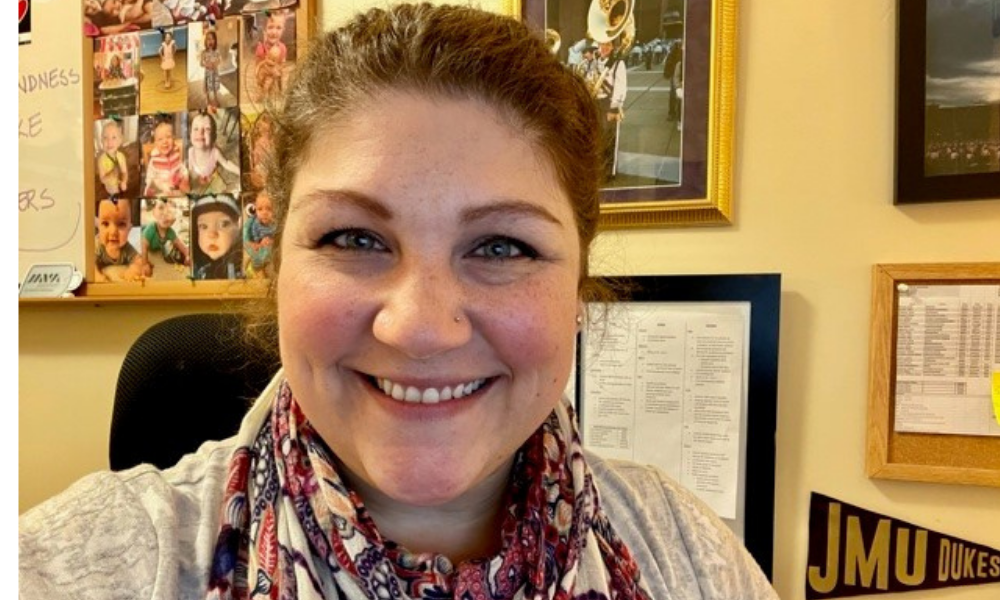Financial Literacy and First-Generation College Students
News
SUMMARY: Jessica Hopkins, a second-year graduate student in the Adult Education/Human Resource Development program (AHRD) conducted research on the financial literacy of first-generation students. She measured current knowledge and practices, challenges, and the need for financial literacy education.
By Laureta Ramaj, Graduate Student, M.A. in Communication & Advocacy
Financial literacy is essential for every person’s success. Without financial literacy, people have trouble managing their finances, correctly interpreting loans, and making spending decisions that have long-term financial implications. A lack of financial literacy hinders financial wellness and can lead a person into exorbitant debt.
Jessica Hopkins, a second-year graduate student in the Adult Education/Human Resource Development program (AHRD) conducted research on the financial literacy of first-generation students. She measured current knowledge and practices, challenges, and the need for financial literacy education.
Jessica found that first-generation students utilize more need-based aid but often, it does not cover all their expenses and they have to make up the difference by working extra hours and/or taking out loans. The areas that create the most difficulty for first-generation college students at JMU are paying for college and obtaining and applying for financial aid. Her findings showed that first-generation students rarely had a financial literacy education experience, however, 71% of those surveyed indicated that they would participate in a financial literacy program if one were available at JMU.
Jessica chose this area of research because of her own experience with her finances as an undergraduate student. It also relates to her work in JMU’s Office of Financial Aid. “I worked in the Financial Aid office as a student but even then, I wasn’t as knowledgeable as I could have been about my own personal financial wellness.” She said that she took out a lot of loans and completed college with substantial debt that she wasn’t prepared to handle.
Jessica feels that this research is important because it makes it clear that financial literacy education is very important for college students, especially first-generation students. Students need financial literacy to be successful both during and after college. “I wish I had been more prepared for being an adult when I went out in the real world.” Jessica would like to see JMU develop programs that better prepare future students. Financial literacy can contribute to the long-term financial success of vulnerable populations by promoting personal financial skills including responsible borrowing.
Jessica stated that the Graduate Showcase was a great opportunity for her to share the first-generation student perspectives and what she learned in terms of their financial literacy education needs.
To see Jessica’s poster presentation and learn more about other JMU graduate student projects, visit the Graduate Showcase website.
